AI helps detect and monitor infrastructure defects

Thanks to recent advances in artificial intelligence (AI), civil engineers can inspect large-scale infrastructure more efficiently and cost-effectively, while also monitoring the progression of damage severity over time. A team of EPFL researchers has demonstrated the feasibility of an AI-driven method for crack detection, growth and monitoring, and will soon test it on the railway […]
Students seem to prefer teacher feedback over AI feedback

A new EPFL paper has found that students are cautious towards AI feedback, highlighting the complexity of integrating it into educational feedback systems.
Large Language Models feel the direction of time

Researchers have found that AI large language models, like GPT-4, are better at predicting what comes next than what came before in a sentence. This “Arrow of Time” effect could reshape our understanding of the structure of natural language, and the way these models understand it.
AI helps distinguish dark matter from cosmic noise
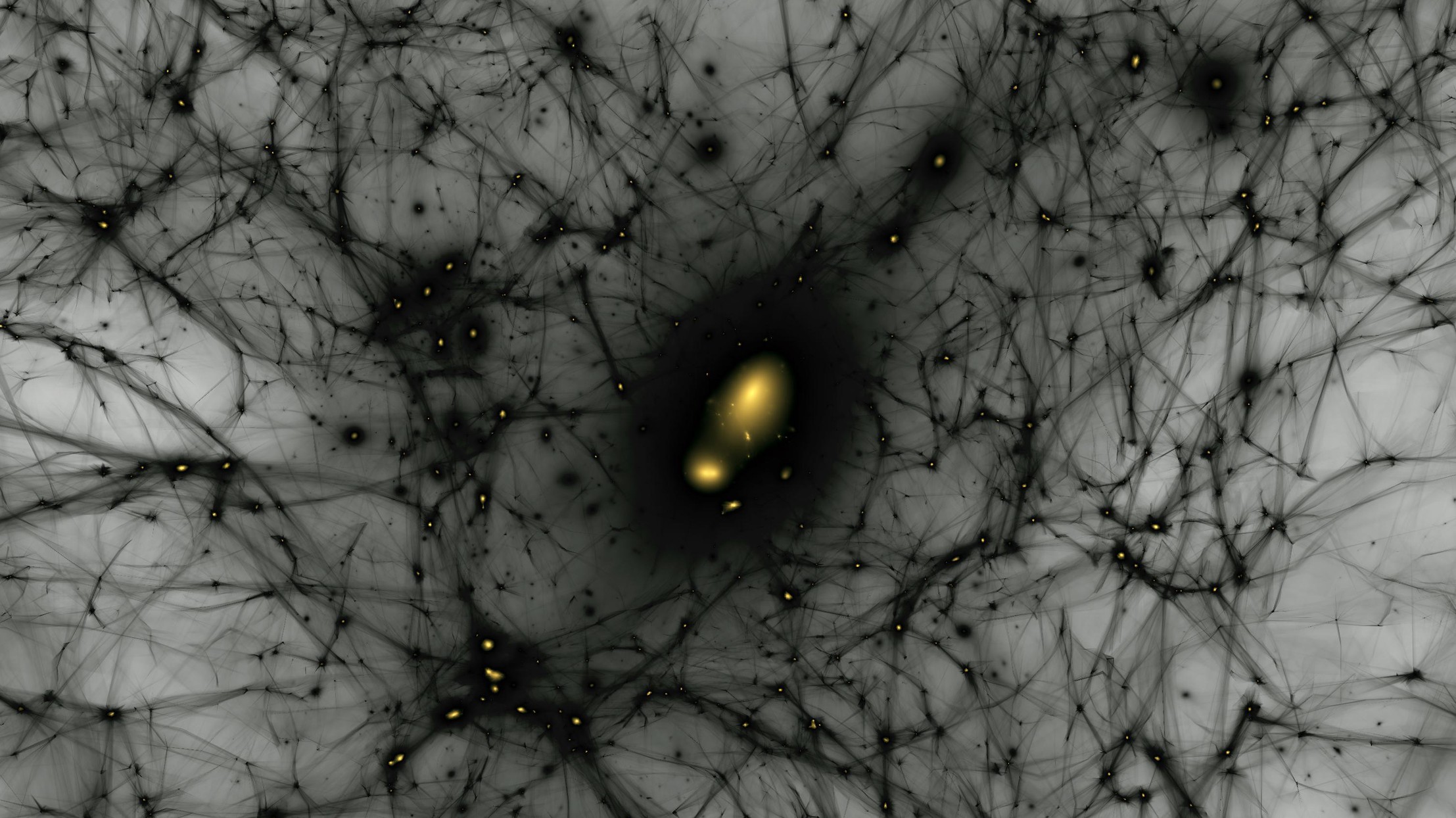
An AI-powered tool developed at EPFL can distinguish dark matter’s elusive effects from other cosmic phenomena, which could bring us closer to unlocking the secrets of dark matter.
An Unparalleled Map of the Brain-Spinal Cord Connection
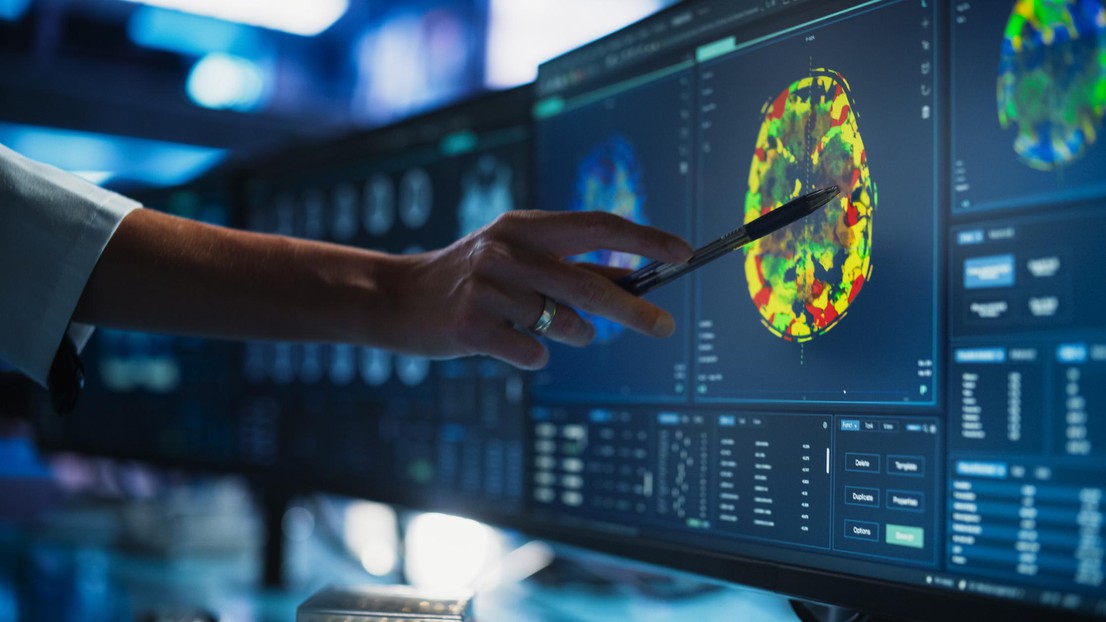
Researchers at EPFL unlock a detailed understanding of brain and spinal cord interactions. The tool paves the way for future research breakthroughs and innovative therapeutic approaches.
Tracking behaviour to understand the brain

Scientist Mackenzie W. Mathis, a professor at EPFL and winner of the Swiss Science Prize Latsis 2024, has developed pioneering artificial intelligence algorithms in behavioural neuroscience.
“We should always have a human approach to AI”
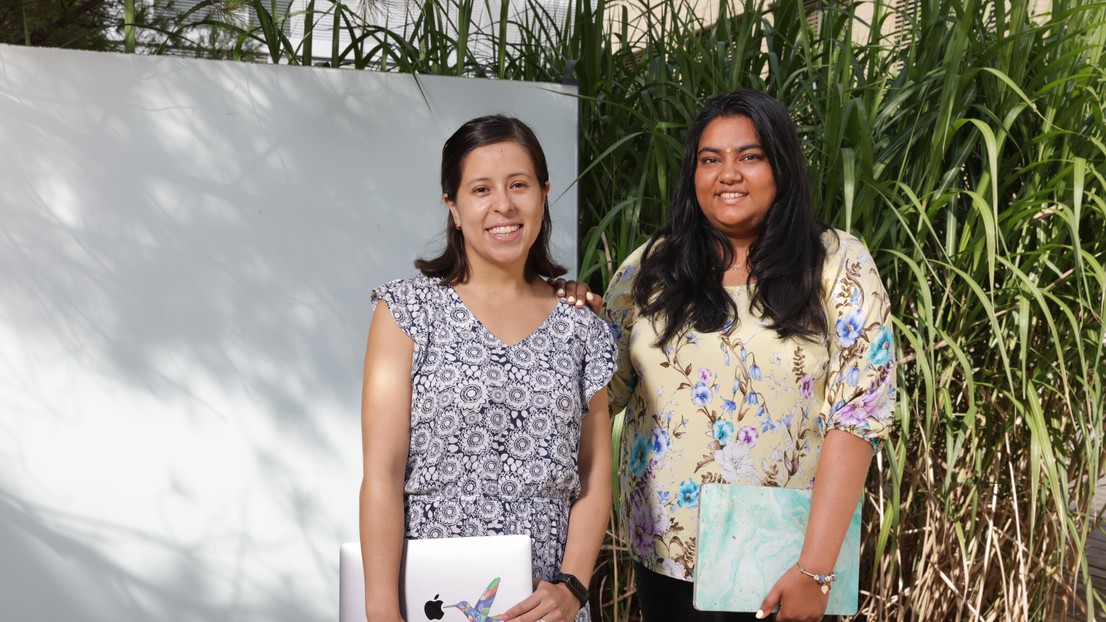
Vinitra Swamy and Paola Mejia-Domenzain are the first two graduating PhDs of EPFL’s Machine Learning for Education Laboratory (ML4ED). They are aiming to bring AI-powered upskilling to adult learners.
AI tool maps out cell metabolism with precision
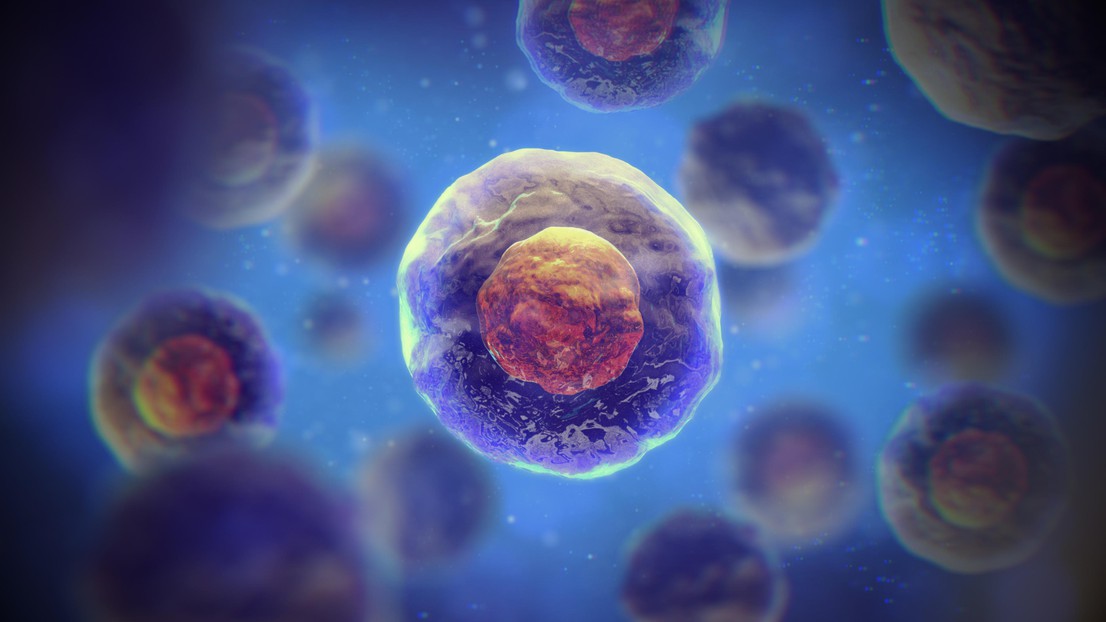
Scientists at EPFL have developed an AI tool that creates detailed models of cellular metabolism, making it easier to understand how cells function.
Medical imaging aims to bring the invisible to light
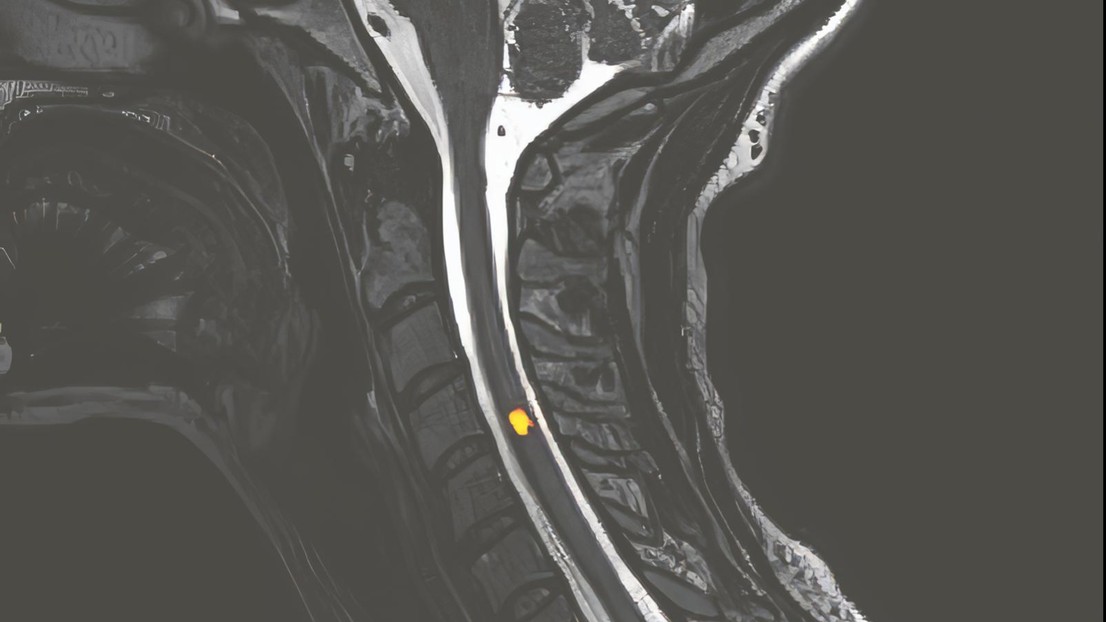
Medical imaging technology – such as MRI, ultrasound and X-ray – is gaining in power and precision, especially in the wake of recent breakthroughs in artificial intelligence. Several EPFL research groups are contributing to this progress and actively shaping the future in this area.
An entire brain-machine interface on a chip
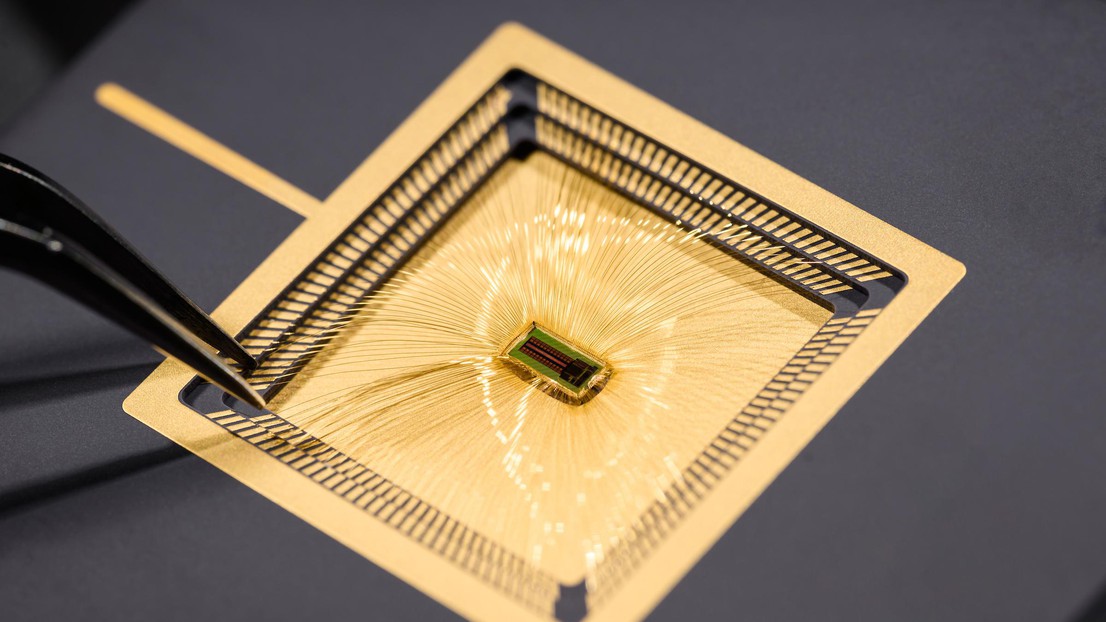
Researchers from EPFL have developed a next-generation miniaturized brain-machine interface capable of direct brain-to-text communication on tiny silicon chips.